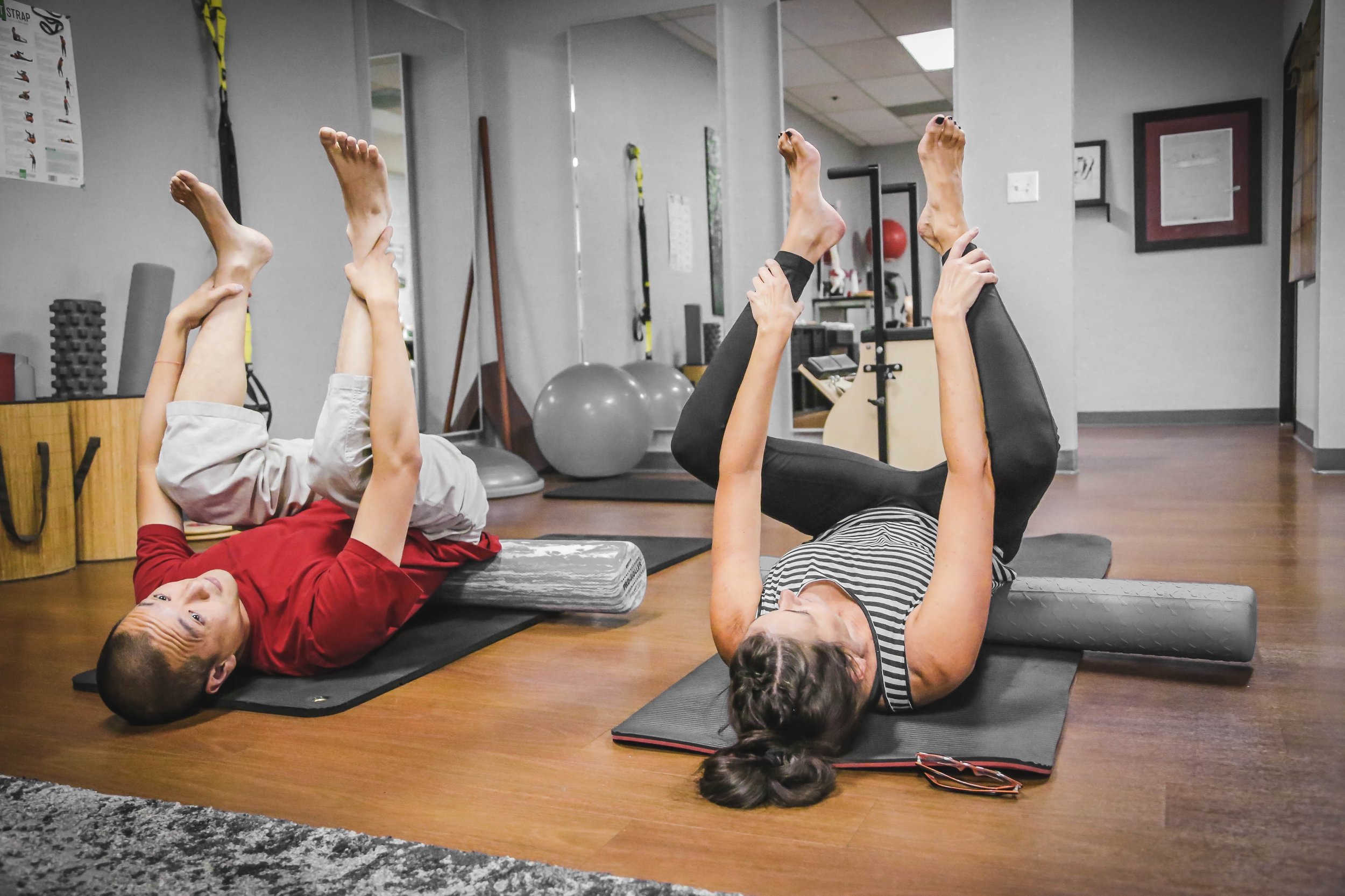
September 7, 2024
Anxiety Urinary Incontinence: Reasons, Symptoms And Treatment
Impacts Of Estrogen With And Without Progestin On Urinary Incontinence Geriatrics Jama Hormonal Agent Substitute Treatment (HRT) is a kind of therapy that entails the administration of hormones, especially estrogen, progestin (a kind of progesterone), or both. A lady's body quits generating these hormonal agents after menopause, bring about conditions such as urinary incontinence. Reintroducing the hormones in various forms, consisting of pills, patches, lotions, and vaginal rings, can help reverse the impacts of these ailments. Urinary system incontinence (UI) is likewise called "loss of bladder control" or "uncontrolled urinary leak." Millions of women experience it, and the regularity of UI often tends to enhance as you age. 1) Urodynamic examination where pressures of bladder and urethra are measured. It does not seem that the initial reason of dystrophy or carcinoma of external genitalia is estrogen deprivation. Hit to genital might be accountable for about 15 percent of bleeding after menopause, and on the various other hand, the incidence of Vaginitis for many years after menopause boosts. Some believe that specific kids create a pattern of not kicking back the pelvic flooring while voiding. Sometimes, this can be mapped back to an infection or a few other harmful stimulations. A vicious circle of pelvic flooring spasm, bowel irregularity, and urinary retention can develop.Treatments
Due to the position and feature of steroids in the urinary system system, the use of changed hormone treatment in menopause has long brought in the attention of scientists and suppliers of health care in this area. In ladies without urethral hypermobility, the urethra is stabilized throughout stress by three interrelated devices. One system is reflex, or voluntary, closure of the pelvic floor. Tightening of the levator ani complex raises the proximal urethra and bladder neck, tightens up undamaged connective tissue supports, and boosts the perineal body, which may function as a urethral backstop. If you're experiencing incontinence during your duration or your cycle, it can change your lifestyle.What Triggers Urinary System Incontinence?
Urethral inexperience generally results in recurring urinary incontinence, generally at rest. Hormonal agent treatment (estrogen) in postmenopausal ladies minimizes urinary frequency which causes boost in the toughness of muscular tissues around the bladder. Althoughbasic scientific research in this field is restricted, a current placebo-controlled, randomizedclinical test of estrogen alone sheds light on this problem. Urethral closureis based on the integrated action of the suburethral genital wall surface, thepubourethral tendons, the pubococcygeus muscular tissues, and the paraurethral connectivetissues. As you age, the muscles that sustain your pelvic body organs can deteriorate. This implies that your bladder and urethra have much less assistance-- usually causing pee leak.Exactly How Is Anxiety Urinary Incontinence Diagnosed?
It triggers you to leakage pee because your bladder is as well complete or you can't entirely empty it. The bladder is a sac like organ that is inside the hips and its task is to hold urine that from kidneys and via ureter pipe is leaking right into it. The hollow participant by sustaining muscles is put in a best location and if for any reason the sustaining muscular tissues lose the capability, bladder displaced from its area and creates issues for the individual.- Incident or worsening of signs and symptoms focused on tension, impulse, and mixedUI reported at baseline and 1 year.
- Individuals with incontinence often cope with this problem for 6-9 years prior to looking for medical therapy.
- Biofeedback is coordinated with pelvic flooring (Kegel) workouts.
- The hollow member by sustaining muscle mass is put in a right area and if for any factor the supporting muscle mass shed the capacity, bladder displaced from its place and produces problems for the individual.
- Subsequently, the occurrence of urinary system incontinence reported in the literature is varied.
- Cauda equina disorder can create in people with a huge centrally extending disk.
Why do I leak urine after my period?
- Hormonal agents influence hair's all-natural cycle and structure.Skin problems.Sex-related symptoms.Weight changes.Mood and sleep issues.Digestive distress. Hormonal agent control or contraception medication.Hormone replacement medications.Anti-androgen medications.Vaginal estrogen.Clomiphene and letrozole.Assisted reproductive
- technology.Metformin.Levothyroxine. Antidiuretic hormonal agent('ADH)is a chemical generated in the brain that causes the kidneys to launch less water, decreasing the amount of pee produced. A high ADH degree causes the body to create much less pee.
Social Links